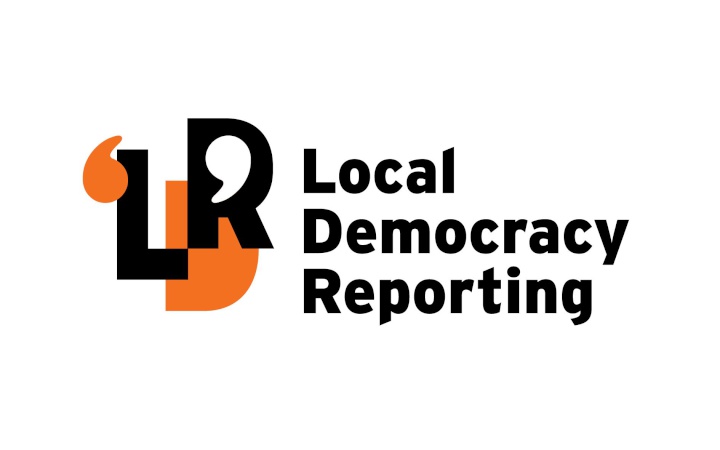Dumped roosters are roaming Whakatāne's rural roads, but residents concerned for their welfare say it's hard to get anyone to take responsibility.

“Dumping them is cruel. These are domesticated animals. They don’t know how to take care of themselves in the wild,” said Edgecumbe free range poultry keeper Nichola Wood.
“If you can’t look after them or rehome them and you can’t bring yourself to kill them, don’t breed them.”
Ms Wood recently rescued about 13 roosters from Wardlaw Glade in Waimana after Whakatāne resident Denise Peiris posted on Facebook that someone had dumped them.
“You often see roosters in car parks, and people think it’s okay, but it’s not. It’s actually an offence," Ms Peiris said.
“They don’t get enough food; they don’t get treated when they’re ill or injured. It’s more humane to put them down.”
Finding an organisation prepared to deal with the matter proved difficult.
“I rang [Whakatāne District Council], they put me onto SPCA. The local SPCA centre put me on to the Ministry of Primary Industries.
"MPI said it was a welfare issue and put me back to the SPCA Welfare so, round and round and round.”
She was eventually contacted by someone from SPCA Welfare in Rotorua who was willing to help when she was next in the area.
However, Ms Wood, who has kept free range chickens on Western Drain Road for the past 16 years, had by then come to the rescue.
Ms Peisis was surprised how easy it had been to find someone to take them.
"The person who dumped them could have just posted on Facebook and someone would have taken them. There are also national organisations for rooster rescue."
SPCA’s national inspectorate manager Alan Wilson said one of his team provided advice to Ms Peisis.
“We ascertained there was no evidential trail that could lead to an investigation to determine if they were dumped and by whom. SPCA offered to help capture the roosters but was told on July 1 that a member of public had captured all the roosters.”
Ms Wood now has the roosters in quarantine on her property.
She said some were very skinny and would have died eventually from starvation if not rescued.
“It is a problem in this area. The council should work in conjunction with the SPCA to step up and do something about it.
“They already have stock pound paddocks. All they need is some high fencing and a shed with a couple of roosts in it. Feed them once a day and after a period of time, if nobody wants them, humanely put them down.
“They could also try and discourage dumping them as much as possible.”
The council’s regulation monitoring team leader Verna Kinney said the issue of abandoned or stray roosters did not fall under the jurisdiction of the council's animal control.
“The Impounding Act does not give us the authority to impound poultry. It is not an offence under any of our bylaws to release poultry onto roadside reserves.”
When anyone reported stray roosters, council would inform them of relevant organisations to contact and, if landowners, of their rights to dispose of them.
The council had notified NZ Transport Agency Waka Kotahi about the roosters at Wardlaw Glade as they were responsible for that area.
Whakatāne district councillor Andrew Iles said it was an ongoing issue.
He said earlier this week he noticed at least eight roosters running around Reid Reserve on Tāneatua Road.
“I’ve just come past there and I see that one of them has been bowled on the road,” he said.
“It’s irresponsible to dump them in an environment they have no knowledge of if they’re used to being fed and housed. To be thrown into that environment on a busy road it’s inevitable that they end up getting run over.”
SPCA scientific officer Alison Vaughan said deserting an animal where no provision is made to meet its physical, health, and behavioral needs was an offence under the Animal Welfare Act.
“Animals abandoned in an unfamiliar environment are vulnerable to starvation, disease, predation, injury, or death.
"They may have negative impacts on the ecosystem where they were dumped, and they may also contribute to growing populations of unowned chickens and roosters."
SPCA’s website provided advice for people needing to rehome animals.



 Gordon Campbell: On What’s Wrong With The Treaty Principles Bill
Gordon Campbell: On What’s Wrong With The Treaty Principles Bill Mana Mokopuna: Children And Young People Share Vital Insights On Healing From Family Violence And Sexual Violence In New Report
Mana Mokopuna: Children And Young People Share Vital Insights On Healing From Family Violence And Sexual Violence In New Report NZ Government: PM Marks One Year In Government
NZ Government: PM Marks One Year In Government Helen Clark Foundation: Helen Clark Foundation Calls For Political Action To Reduce The Prevalence Of Junk Food And Improve Health Outcomes
Helen Clark Foundation: Helen Clark Foundation Calls For Political Action To Reduce The Prevalence Of Junk Food And Improve Health Outcomes Justice Committee: Further Decisions About Submissions Process For The Principles Of The Treaty Of Waitangi Bill
Justice Committee: Further Decisions About Submissions Process For The Principles Of The Treaty Of Waitangi Bill Infrastructure New Zealand: Single Agency Needed To Coordinate Climate Adaptation And Recovery
Infrastructure New Zealand: Single Agency Needed To Coordinate Climate Adaptation And Recovery Free Speech Union: Fair Digital News Bargaining Bill Likely To Restrict Access To Information, Polling Shows Most Oppose
Free Speech Union: Fair Digital News Bargaining Bill Likely To Restrict Access To Information, Polling Shows Most Oppose


